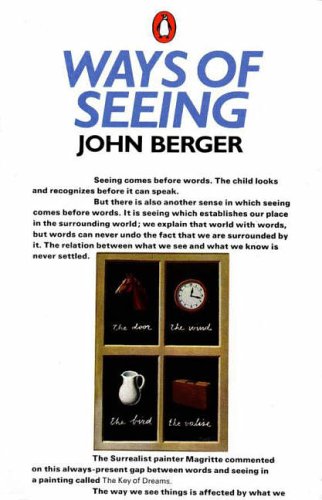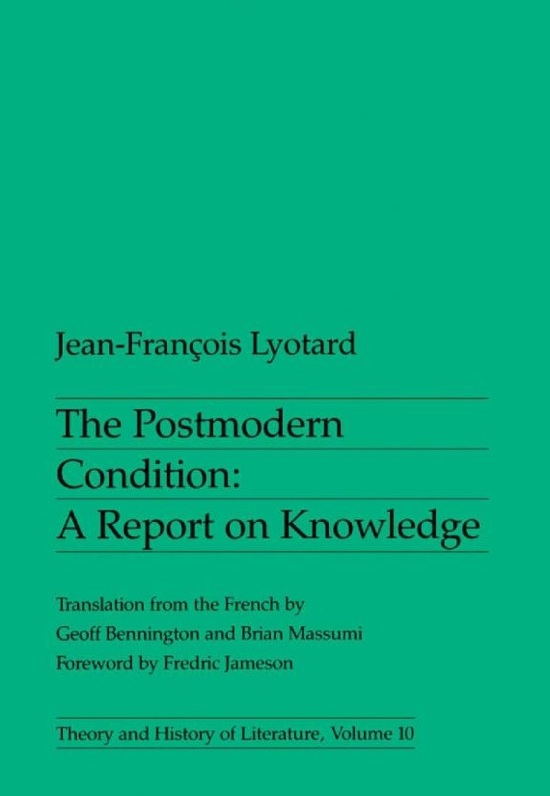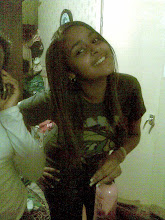Today i focused on how the youth is represented on the programme Worlds Strictest Parents - Jamaica. the programme is basically about two "unruly" teenagers who are sent to live abroad with a strict family for a week in an attempt to change their behavior.
several notes on how the teenagers are portrayed are written in my book.
brief summary : the teenagers in this programme are represented as selfish, rude and disrespectful at first before they leave the country. however as the week progresses the teens begin to realize how their behavior has effected their parents and how lucky they are to be privileged and have parents who love and care bout them.
Tuesday 30 November 2010
youth culture DAY 5
Posted by Amnaa ! at 13:15 0 comments
Monday 29 November 2010
Broadcast youth culture DAY 4
why the youth is important to the business world
Posted by Amnaa ! at 06:02 0 comments
Saturday 27 November 2010
youth culture : media influences on youths day 2
Print :
Posted by Amnaa ! at 15:25 0 comments
Thursday 25 November 2010
Exam Case Study ;; DAY ONE 25.11.10
Idea ; Representation of youth culture in the media
- is the youth portrayed in a negative or positive way ?
- does the representation of youth differ in other cultures around the world ?
- have the representations of these youth changed over the years?
- are they influenced by what they see through the media ?
- the impact the older generations and celebrities have on youths?
- Are all youths stereotyped the same or does it depend on where they come from and what they
- do and how they dress?
Posted by Amnaa ! at 03:56 0 comments
Thursday 11 November 2010
William Merrin
Merrin believs " the media do not reflect and represent reality but instead produce it, employing this simulation to justify their own continuing existence" - suggesting that the media no longer reflects and represents us but now produces reality and controls us.Merrin offers an overview and evaluation of his key arguments and themes, focusing especially his work: his theory of symbolic exchange and critique of the semiotic and of simulation.
Print:
Posted by Amnaa ! at 01:50 0 comments
Dominic Strinati
"Postmodernism tries to come to terms with and understand a media-saturated society. The mass media, for example, were once thought of as holding up a mirror to, and thereby reflecting, a wider social reality. Now that reality is only definable in terms of surface reflection of the mirror" - Strinati suggest that society was once in control of representations but now the media represents society to us , they are so in control that they are dictating how society now works. It is now difficult to distinguish between reality and media, the mirror was once our reality but now the mirror makes our reality.
print : 
Broadcast:
E-media:
Posted by Amnaa ! at 01:30 0 comments
John Berger
Broadcast:

Posted by Amnaa ! at 01:03 0 comments
Tuesday 9 November 2010
Levi Strauss

Strauss was a french anthropologist and ethnologist , he has been named the "father of modern anthropology", he argued that the savage mind has the same structure as the civilised mind and that human characterisitics are the same everywhere. He specifically focused on the brasilian , north and south american tribes focusing on males. his observation were culminated in his book Tristes Tropiques his ideas reached a number of subjects such as sociology and philosophy.Structuralism has been defined as "the search for the underlying patterns of thought in all forms of human activity."

Posted by Amnaa ! at 15:04 0 comments
Jean Francois Lyotard

Lyotard is well known for his articulation of postmodernism amd the analysis of the impact of postmodernity on the human condition.He believes in grand narratives, large scale theories and philosophies of the world for instance history, religion , the knowability of everything by science. Lyotard argues that we are made to believe that narratives of this kind are acceptable to represent us all. we have become aware of diffrences, aspirations and beliefs and desries and for that reason postmodernity is charactisied by micronarratives.
Broadcast:
emedia:http://www.marxists.org/reference/subject/philosophy/works/fr/lyotard.htm
print :
Posted by Amnaa ! at 14:42 0 comments
Jean Baudrillard
 jean was a french sociologist, pholisopher and a cultural theorist.He beleives that everything is made up and nothing is original. its the signs that gives of meaning. For instance if some people was to see an actor on the road they will call them by there acting name rather than their real name and question them on the act they was given. even though we know there storyline is not true we carry on believing it is.
jean was a french sociologist, pholisopher and a cultural theorist.He beleives that everything is made up and nothing is original. its the signs that gives of meaning. For instance if some people was to see an actor on the road they will call them by there acting name rather than their real name and question them on the act they was given. even though we know there storyline is not true we carry on believing it is.
jean qouted " the secret o theory is that truth does not exist" suggesting that there is no longer and truth and it is difficult to tell wheather something is real or jus a matter of images.
emedia :http://www.guardian.co.uk/news/2007/mar/07/guardianobituaries.france
print:
broadcast:
Posted by Amnaa ! at 14:22 0 comments
Laura Mulvey
Print : mulvey published a book visual pleasure and narrative cinema http://www.jahsonic.com/VPNC.html
e media :http://blogs.warwick.ac.uk/michaelwalford/entry/women_film_hub/
Broadcast
Posted by Amnaa ! at 13:38 0 comments
David Gauntlett
Gauntlett quoted " identities are not given but are constructed and negotiated" - suggesting that we all dont have our own idenetities but our identites are constructed through representations.
Print : Media, Gender and Identity
E-media : theory page based on Gauntlett http://www.theory.org.uk/david/
Broadcast:
Posted by Amnaa ! at 13:13 0 comments
Richard Dyer
 "how we are seen determines how we are treated, how we treat others is based on how we see them. how we see them comes from representations" - (matter of images"
"how we are seen determines how we are treated, how we treat others is based on how we see them. how we see them comes from representations" - (matter of images"
Dyer is suggesting that how we see people represented is how we treat them. for instance if we was to see homosexual being abused on tv we automatically beleive that is how they act. whatever we see in the media we believe it too be true and act towards it, thats how representations comes about. he also created the pop star theory he believes "A star is an image not a real person that is constructed (as any other aspect of fiction is) out of a range of materials (eg advertising, magazines etc as well as films"
Print : the matter of images
Emedia : http://www.mediaknowall.com/Popular%20Music/popstartheory.html
Broadcast:
Posted by Amnaa ! at 12:56 0 comments
Tuesday 2 November 2010
Media Conference
Professor David Buckingham
Posted by Amnaa ! at 02:12 0 comments


